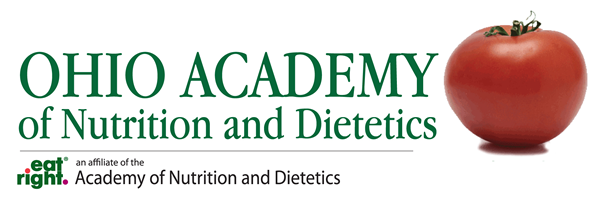Details
January 27, 2021
12:00PM - 1:00PM
Creating More Equitable and Inclusive Spaces within the Dietetics Profession
Speaker: Francoise Knox Kazimierczuk PhD, RDN, CSSD, LD, ATC, CSCS, NSCA-CPT, FAND
Webinar
In this presentation, RDNs/NDTRs will learn about the types of racism and their impacts within the dietetics profession. Additionally, RDNs/NDTRs will engage in activities to begin the process of cultivating cultural competence and humility. As the nation becomes more diverse and as the inequities within our society are laid bare, it is critical for RDNs/NDTRs to be able to participate in meaningful dialogue for and with our clients. The role of the RDN/NDTR is paramount in managing chronic illnesses such as obesity, diabetes, and cardiovascular disease, but can only be done via a lens of equity and inclusivity to be effective at addressing the disparities which exist.
Objectives:
- Discuss the impacts of structural and cultural racism in dietetics.
- Explain the interconnectedness of cultural competence and humility.
- Identify Three Strategies to Address Bias within Dietetics.
Performance Indicators: 1.2.2, 1.3.6, 2.2.2
Learning Needs Codes: 1040 Cultural sensitivity, 7200 Team building
Level: 2
Approved for 1 CPEU
Francoise Knox Kazimierczuk PhD, RDN, CSSD, LD, ATC, CSCS, NSCA-CPT, FAND is a tenure track Assistant Professor in the Department of Rehabilitation, Exercise, and Nutrition Science within the University of Cincinnati’s College of Allied Health. This is Dr. Knox-Kazimierczuk’s third year at UC where she serves as undergraduate and graduate faculty in the Nutrition Science and Dietetics program. She is an experienced clinician with over fifteen years of clinical dietetics experience focusing on chronic disease management. In addition to her vast clinical dietetic experience, Dr. Knox-Kazimierczuk is trained in mix methods and the principles of Community Based Participatory Research (CBPR) to address racial health disparities through a critical race theory lens. She is involved with several community organizations and projects assisting in the development of interventions to address chronic disease in African American communities. Dr. Knox-Kazimierczuk is a trained Qualified Administrator for the Intercultural Competence Development Inventory (IDI) and has eleven years of experience facilitating Diversity, Equity, & Inclusion (DE&I) workshops. She has two funded studies focused on addressing racial health disparities. Dr. Knox-Kazimierczuk’s believes part of systems change begins with the diversification of the dietetics profession and increased understanding of the Social Determinants of Health (SODH). Additionally, she believes we need to cultivate cultural competence and empathy, which she is currently conducting two research studies examining a mindfulness-based equity and inclusion training to determine its effectiveness in improving cultural competence in health professionals.
Registration Fee
Members $19.99
Students $9.99
Nonmembers $29.99





